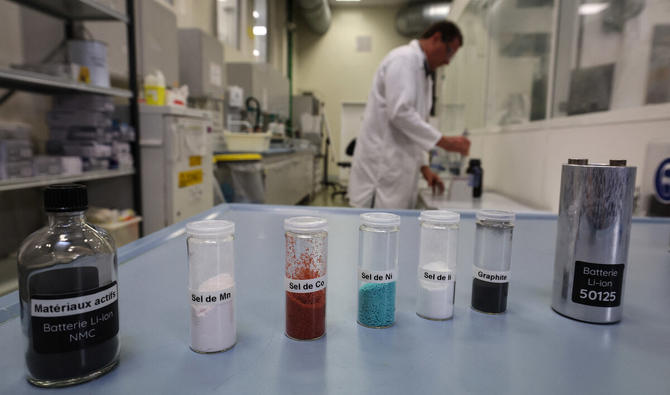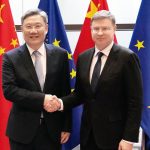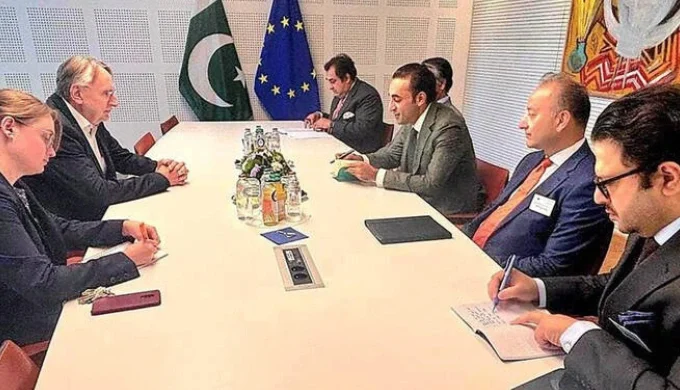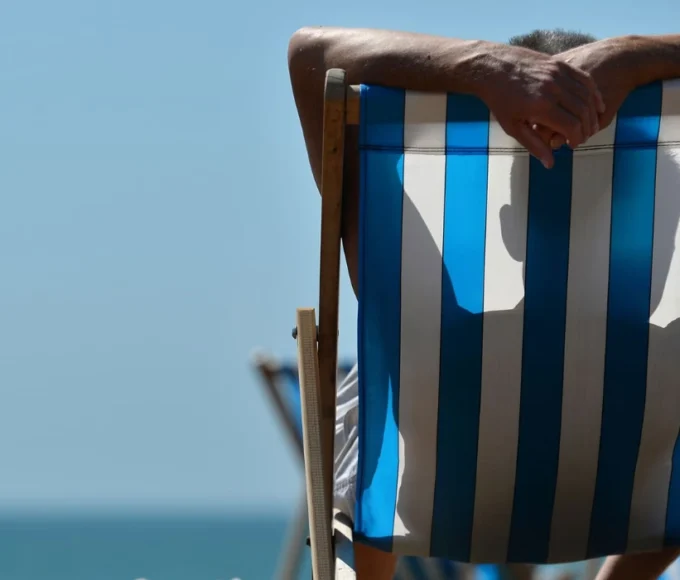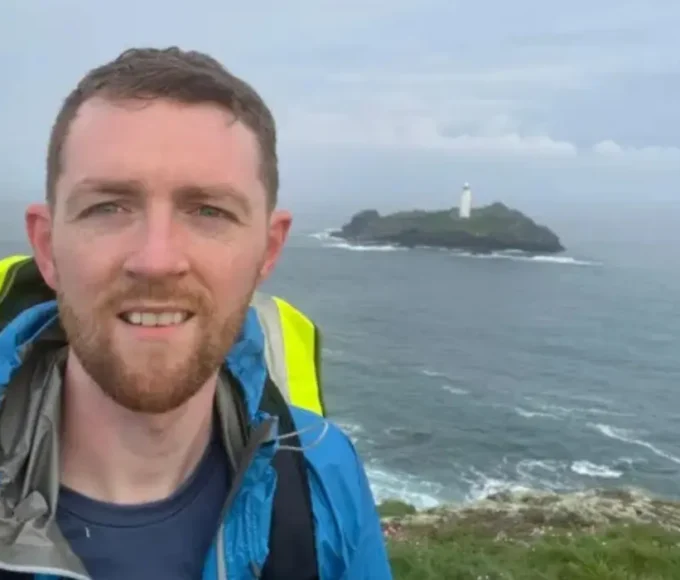Copper to transport electricity from offshore wind turbines to land, lithium, cobalt and nickel for automobile batteries: the energy transition, which should make it possible to stop consuming oil, coal and CO2-emitting gas, is starving of metals.
Thursday in Paris, representatives of 47 consumer and producer countries – excluding China and Russia – meet under the aegis of the International Energy Agency (IEA) for the first summit devoted to “critical metals”, the new black gold that the world is vying for, with the aim of tracing the first contours of a “metal diplomacy”.
The questions are numerous: how to guarantee and diversify supplies? How to increase production? How to avoid the social and environmental problems generated by mining? How can we mobilize the enormous financing needed to launch new mining installations and develop recycling?
The bosses of Australian mining giants BHP and Rio Tinto or the Chilean group Sociedad Quimica y Minera de Chile, and raw materials trading giants like Glencore and Trafigura, will be present.
Just like the boss of the London Metal Exchange (LME) in London, Matthew Chamberlain, investors, international organizations, as well as NGOs and scientists are taking part in the discussions, closed to the press except for an introductory introduction.
“More projects (mining and recycling) are necessary by 2030 to hope to limit global warming below 1.5 degrees”, compared to the pre-industrial era, underlines the International Energy Agency (AIE) in its analysis.
“International Agency”
According to the Agency, the electrification of transport alone by 2040 will generate a multiplication of the demand for lithium by more than 40 at the global level, by around 20 for that of cobalt and nickel and more than 3 for copper in decarbonization scenarios compatible with the Paris climate agreement in 2015.
The risk of shortages of critical metals brandished by some “is not a big problem” nevertheless estimated the director general of the IEA, Fatih Birol, during a recent interview with AFP.
“We have two problems to solve: first, metal refining is very concentrated in China,” he said. Furthermore, mining extraction and refining processes “must be sustainable” both “environmentally and socially,” he added.
China alone provides “nearly 70% of the production of rare earths” specify Emmanuel Hache, researcher specializing in raw materials, and Benjamin Louvet, asset manager, in their recent book “Metaux, the new black gold” , published in France (Editions du Rocher).
On the refining side, “in the battery segment alone, China refines around 67% of cobalt, 62% of lithium, 60% of manganese, and 32% of nickel” worldwide, they emphasize.
For cobalt, it produces around 1% of the ore, but it participates in more than two thirds of global refining. The same goes for copper, of which it produces 8% of the world’s ore but refines 41%.
Russia, for its part, accounted for 37% of global palladium production in 2021, 13% of titanium, 10% of platinum, 9% of nickel, and 5% of global aluminum.
Thursday’s summit could be “a first step towards the creation of a dedicated agency”, notably around the IEA and the World Bank, under the aegis of the UN or the G20, believe the two experts.
“Founding an international agency on minerals and metals would open up a space for dialogue between producer and consumer countries,” they underline, and would make it possible “to impose social and environmental governance criteria in the main production areas.”
This article is originally published on arabnews.fr


